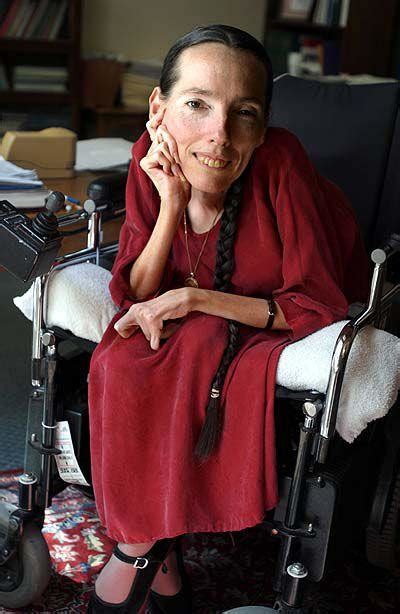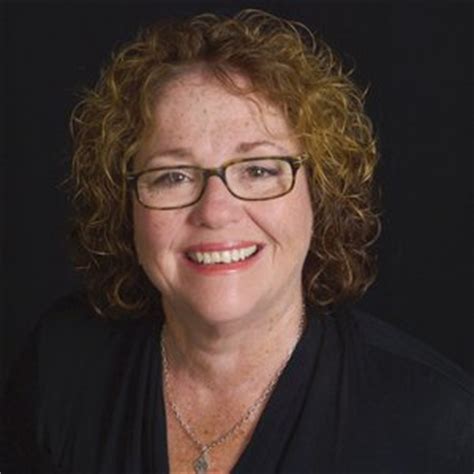A Quote by Harriet McBryde Johnson
We need to confront the life-killing stereotype that says we're all about suffering. We need to bear witness to our pleasures.
Related Quotes
To be good Christians you have to contemplate the suffering humanity of Jesus. "How can we bear witness? Contemplate Jesus. How can we forgive? Contemplate Jesus suffering. How can we not hate our neighbor? Contemplate Jesus suffering. How can we avoid gossiping about our neighbor? Contemplate Jesus suffering. There is no other way". These virtues are the those of the Father, who forgives us always, and Our Lady, Our Mother, shares in these virtues too.
In order to live fully we may need to look deeply at our own suffering and at the suffering of others. In the depths of every wound we have survived is the strength we need to live. The wisdom our wounds can offer us is a place of refuge. Finding this is not for the faint of heart. But then, neither is life.
The depressed don't simply need to feel better. They need a Redeemer who says, "Take heart, my son, my daughter; what you really need has been supplied. Life no longer need be about your goodness, success, righteousness, or failure. I've given you something infinitely more valuable than good feelings: your sins are forgiven."
When you and I hurt deeply, what we really need is not an explanation from God but a revelation of God. We need to see how great God is; we need to recover our lost perspective on life. Things get out of proportion when we are suffering, and it takes a vision of something bigger than ourselves to get life's dimensions adjusted again
You need to face, you need to confront, and really properly look at what's happening, and not try and explain it away or give it justifications or anything, because at this juncture, we still, by our finger nails, have the chance to make a difference, and turn this around. And to not take part and to just watch…….., but if you don't push back, if you don't face it and confront it for what it is, it'll just takeover, and then no one will be free.
If, as a culture, we don’t bear witness to grief, the burden of loss is placed entirely upon the bereaved, while the rest of us avert our eyes and wait for those in mourning to stop being sad, to let go, to move on, to cheer up. And if they don’t — if they have loved too deeply, if they do wake each morning thinking, I cannot continue to live — well, then we pathologize their pain; we call their suffering a disease. We do not help them: we tell them that they need to get help.


































